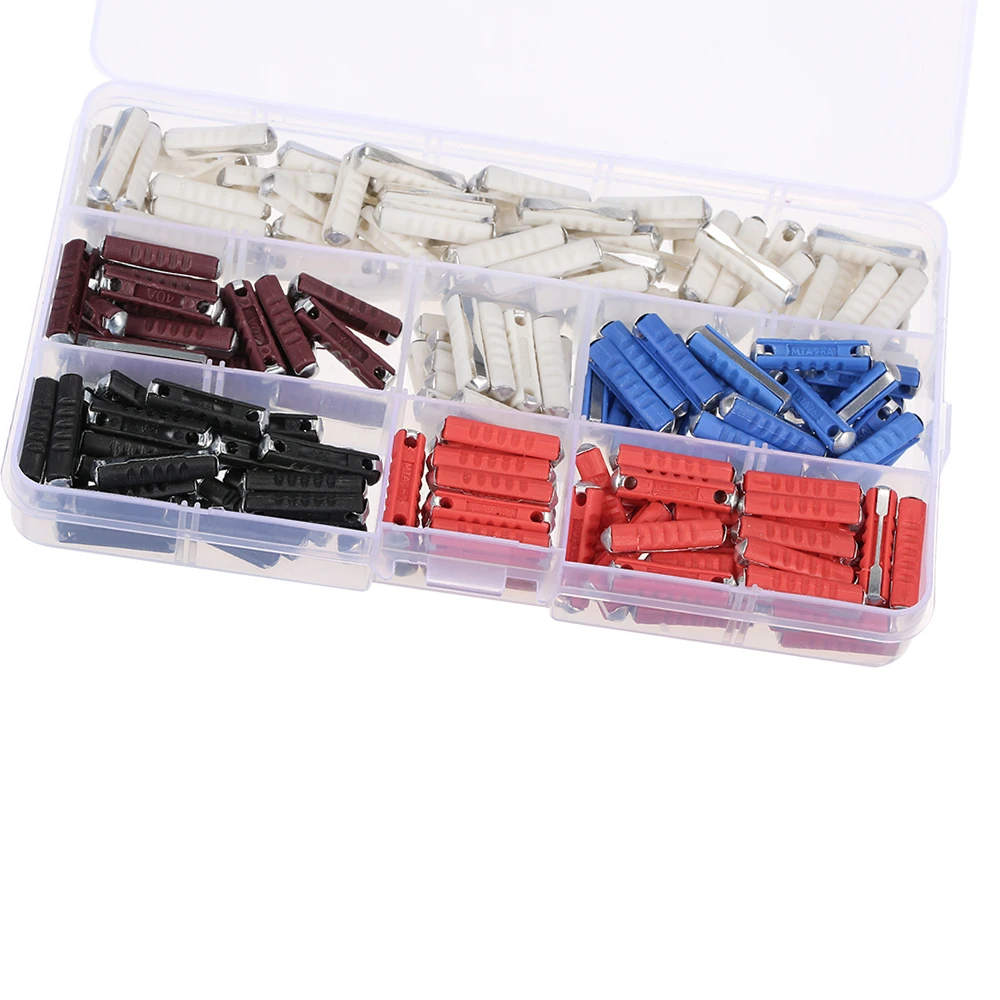Hand tools are crucial to a wide range of tasks, from home repairs to large-scale construction projects. These tools offer flexibility, precision, and control, making them invaluable for both professionals and DIYers. In this article, we’ll explore the most common hand tools, how to use them effectively, and their importance in specialized areas like geotechnical engineering, particularly when working with geocells.

What Are Hand Tools?
Hand tools are devices that are operated manually, without the need for electricity or external power. They come in various shapes and sizes to perform specific functions, such as cutting, shaping, and assembling. Hand tools are ideal for tasks that require precision, such as fine-tuning materials or securing fasteners.
Common Types of Hand Tools
Here are some essential hand tools:
- Hammers – Used to drive nails, break materials, and shape objects.
- Screwdrivers – Essential for installing screws into wood, metal, and plastic.
- Pliers – Gripping and cutting tools that are useful for bending, twisting, and cutting wire.
- Wrenches – Key for tightening and loosening bolts and nuts.
- Cutting Tools – Saws and utility knives used to cut various materials like wood and metal.
Each tool is tailored to a specific task, so it’s important to choose the right one for the job.
Hand Tools in Geotechnical Engineering
Hand tools are vital in geotechnical engineering for tasks such as the installation of geocells, which are used for soil reinforcement and stabilization. Tools like utility knives, hammers, and pliers help professionals make precise cuts, adjustments, and secure installations, ensuring that geocells function correctly to prevent soil erosion and improve structural integrity.
How to Maintain Your Hand Tools
To ensure your hand tools perform at their best, follow these maintenance tips:
- Clean your tools after use: Remove dirt, rust, and debris to prevent build-up.
- Lubricate moving parts: Regular lubrication will keep tools like pliers and wrenches working smoothly.
- Sharpen cutting tools: Keeping saw blades and utility knives sharp ensures efficient cutting.
- Store tools in a dry place: Prevent rust by storing tools away from moisture.
Proper care will help extend the lifespan of your hand tools and ensure they continue to perform well for future projects.
Conclusion
Hand tools are essential for completing a variety of tasks, especially in geotechnical engineering. By choosing the right tools, maintaining them properly, and using them appropriately for each job, you can ensure the success of your projects, from simple repairs to complex installations.